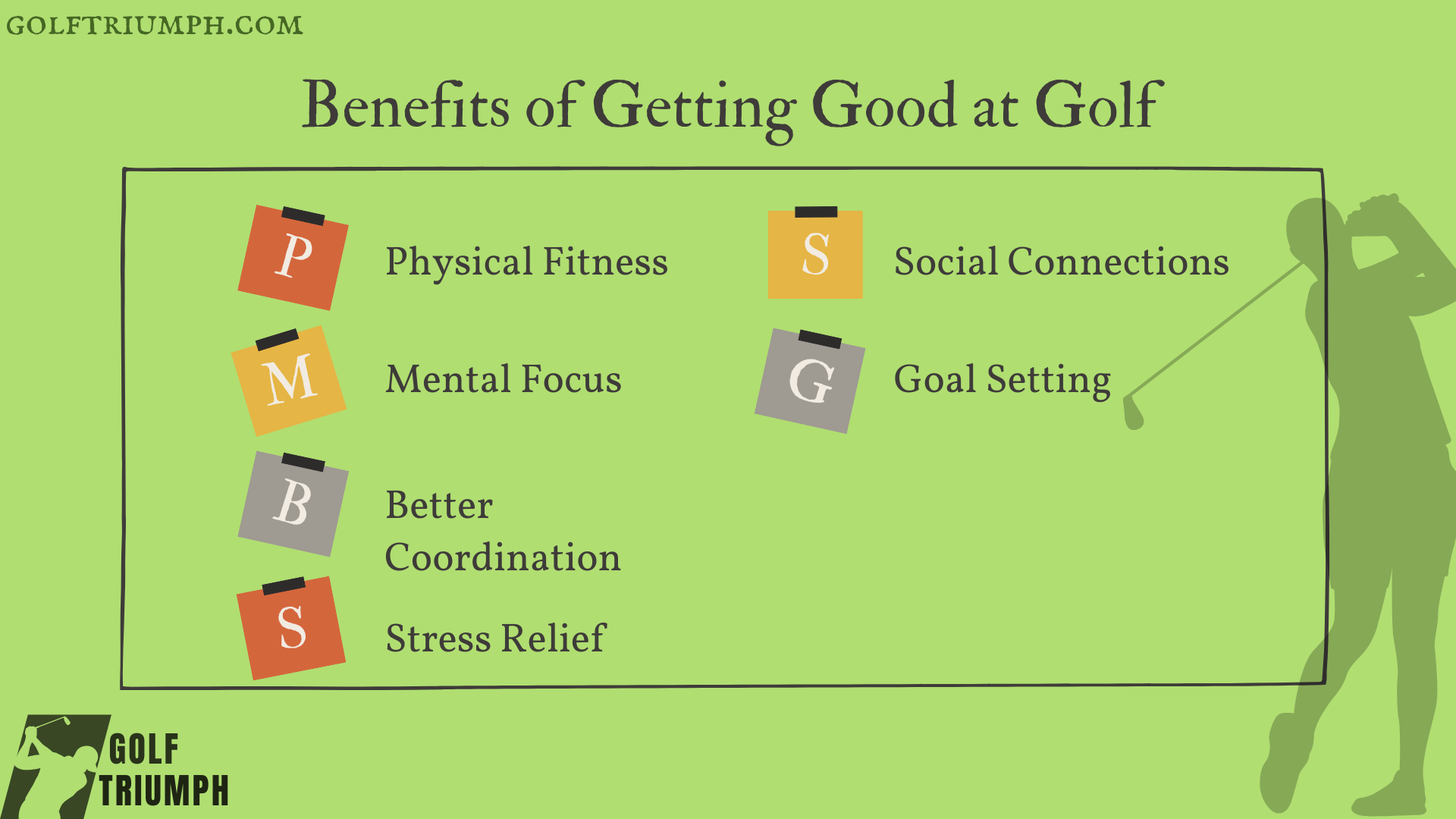
Set Realistic Expectations for Progress
One of the most common questions beginners ask is, “How long does it take to get good at golf?” Golf is a skill-intensive sport, and the timeline varies widely based on factors like the amount of practice, previous experience in other sports, and natural aptitude. Many players might start seeing significant improvements after a few months of regular play, but how long does it take to learn golf really depends on the individual. Expect a few months of dedicated practice before reaching a consistent level of play, and remember to keep the focus on personal progress rather than comparing yourself to others.
Building Hand-Eye Coordination and Basic Skills
A vital skill for beginners is developing good hand-eye coordination, as this impacts everything from your golf swing to your ability to hit the ball accurately. Many beginners may struggle with this initially, but by dedicating 15 minutes a day to targeted drills, you can start seeing improvements. It’s also helpful to practice on different areas of the golf course, from driving ranges to putting greens, to develop a well-rounded foundation.
Choosing the Right Golf Lessons
Enrolling in golf lessons is one of the most effective ways to improve your golf game. A professional instructor can help you fine-tune your golf swing and identify areas for improvement. Lessons are tailored to various skill levels, so whether you’re a complete beginner or an intermediate player, a coach can help you progress more quickly. You’ll also receive valuable feedback on technique and tips for maintaining the proper form, helping you to avoid common beginner mistakes that can hinder progress. 
Understanding Weather Conditions and Their Impact
Weather conditions play a significant role in golf, affecting everything from your pace of play to the club selection. Wind can make it more challenging to hit the ball accurately, and wet conditions can slow down the golf course. Learning to adapt to various weather situations will make you a more versatile player. You may even find that certain conditions make specific shots easier or harder, and understanding these nuances will enhance your game.
Selecting a Playing Partner and Group Dynamics
Finding a good playing partner can help make the game enjoyable and educational. Playing with others, especially those slightly more skilled than you, provides an opportunity to observe and learn. Group dynamics also matter, so take note of players in your group who may have more experience. This camaraderie makes it easier to stick with the game and even allows for friendly tips and coaching.
Practicing Patience and Giving Yourself Extra Time
Golf requires patience, as there’s a learning curve to mastering the game’s complexities. Give yourself extra time for each session to warm up and mentally prepare. Rushing won’t help you achieve your goals in golf; instead, set aside a realistic amount of time for each practice session and game. Regular, focused practice will eventually pay off, helping you reach a new level of golf skill. 
Knowing When to Play Full Rounds and Timing Your Improvement
As a beginner, it’s best to start slow and work your way up to a full round of 18 holes of golf. Many wonder, how long to get good at golf, and the answer varies. Spending quality time on the green, around three to four rounds a month with focused practice in between, can lead to steady progress. Playing more rounds helps you learn the flow of the game, the time it takes to golf, and even how to manage course difficulty.
Managing Expectations and Setting Goals
Lastly, remember that golf improvement is an incremental journey. Set small, attainable goals that allow you to celebrate every success along the way, from hitting the ball farther to reducing your score. How to be good at golf is a question of regular practice, patience, and a positive mindset. Improvement doesn’t happen overnight, but over time, you’ll see substantial growth as long as you stay committed.
The Benefits of Getting Good at Golf

Mastering golf offers a range of physical, mental, and social benefits, making it one of the most rewarding sports to pursue. Here’s how improving your golf game can positively impact your life:
Physical Fitness: Regularly playing is a great way to stay active. Walking the course, carrying your bag, and executing each golf swing engage various muscle groups and improve endurance, balance, and flexibility.
Mental Focus and Strategy: Golf requires sharp focus and strategic thinking, from calculating distances to analyzing weather conditions. This mental exercise enhances problem-solving skills, concentration, and patience.
Improved Coordination: Working on hand-eye coordination while learning how to hit the ball consistently helps develop fine motor skills, which can also benefit everyday activities.
Stress Relief and Enjoyment of Nature: Spending time on a course allows players to immerse themselves in scenic landscapes, offering a peaceful escape from daily stressors. The focus on each shot and the calm environment combine to provide a relaxing experience.
Social Connections and Networking: Golf is known for fostering social connections. Playing with a playing partner or meeting new players in a group can lead to lasting friendships and networking opportunities, enriching your social life.
Goal Setting and Personal Growth: Improving your game requires setting goals, both short-term (like refining your golf swing) and long-term (like lowering your score over 18 holes of golf). These achievements build confidence and discipline, encouraging continuous self-improvement.
Conclusion
In conclusion, getting good at golf is a rewarding journey that combines patience, practice, and persistence. While there’s no set answer to how long it takes to get good at golf, consistent dedication and small, measurable goals will steadily improve your skill. Focusing on fundamentals like hand-eye coordination, adapting to weather conditions, and practicing with a playing partner can accelerate your progress. Remember, taking lessons and playing regularly – whether a full 18 holes of golf or a shorter round – will deepen your understanding of the game and improve your swing. Embrace the learning curve, invest extra time in practice, and enjoy the gradual mastery of this classic, r






